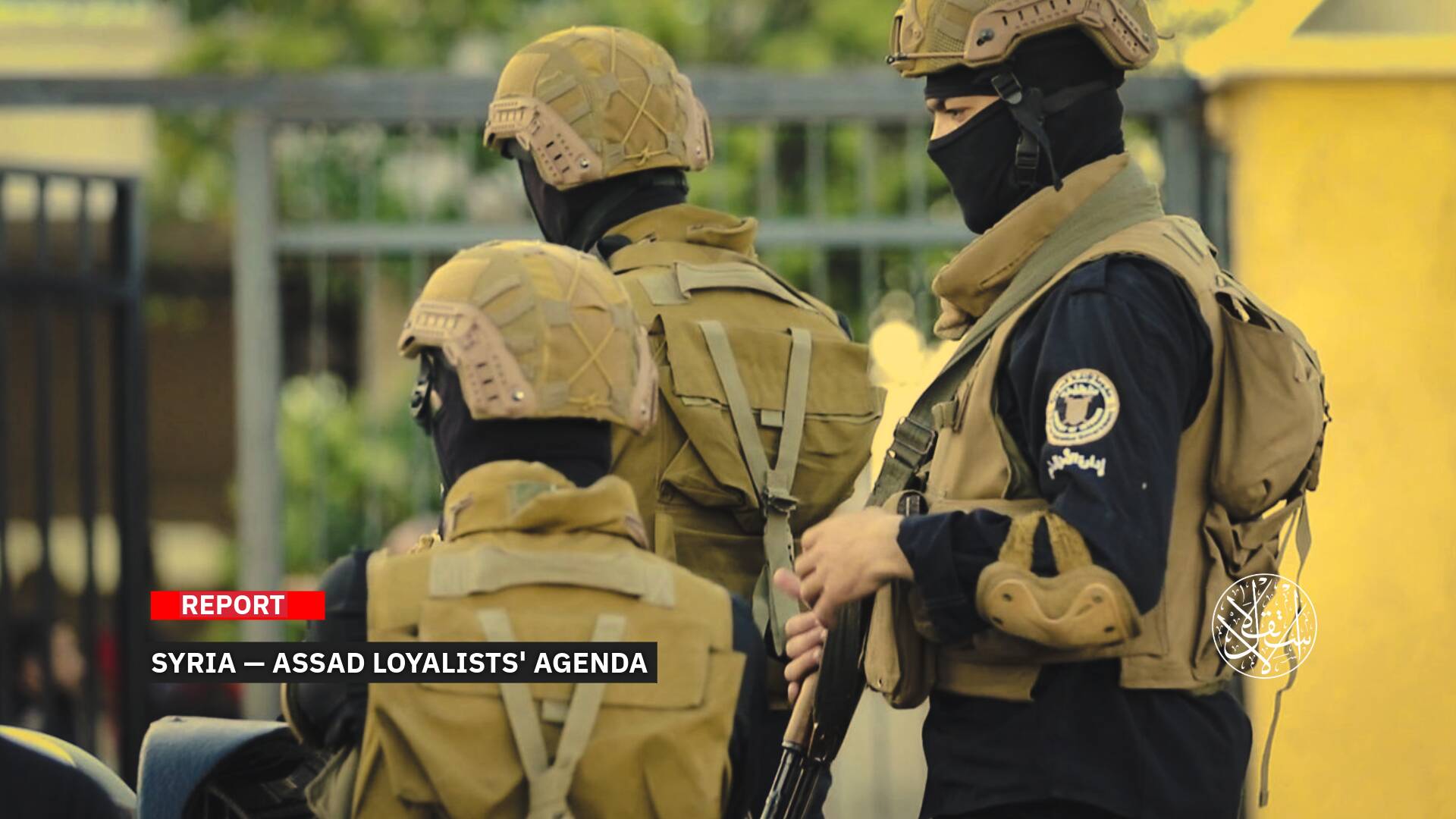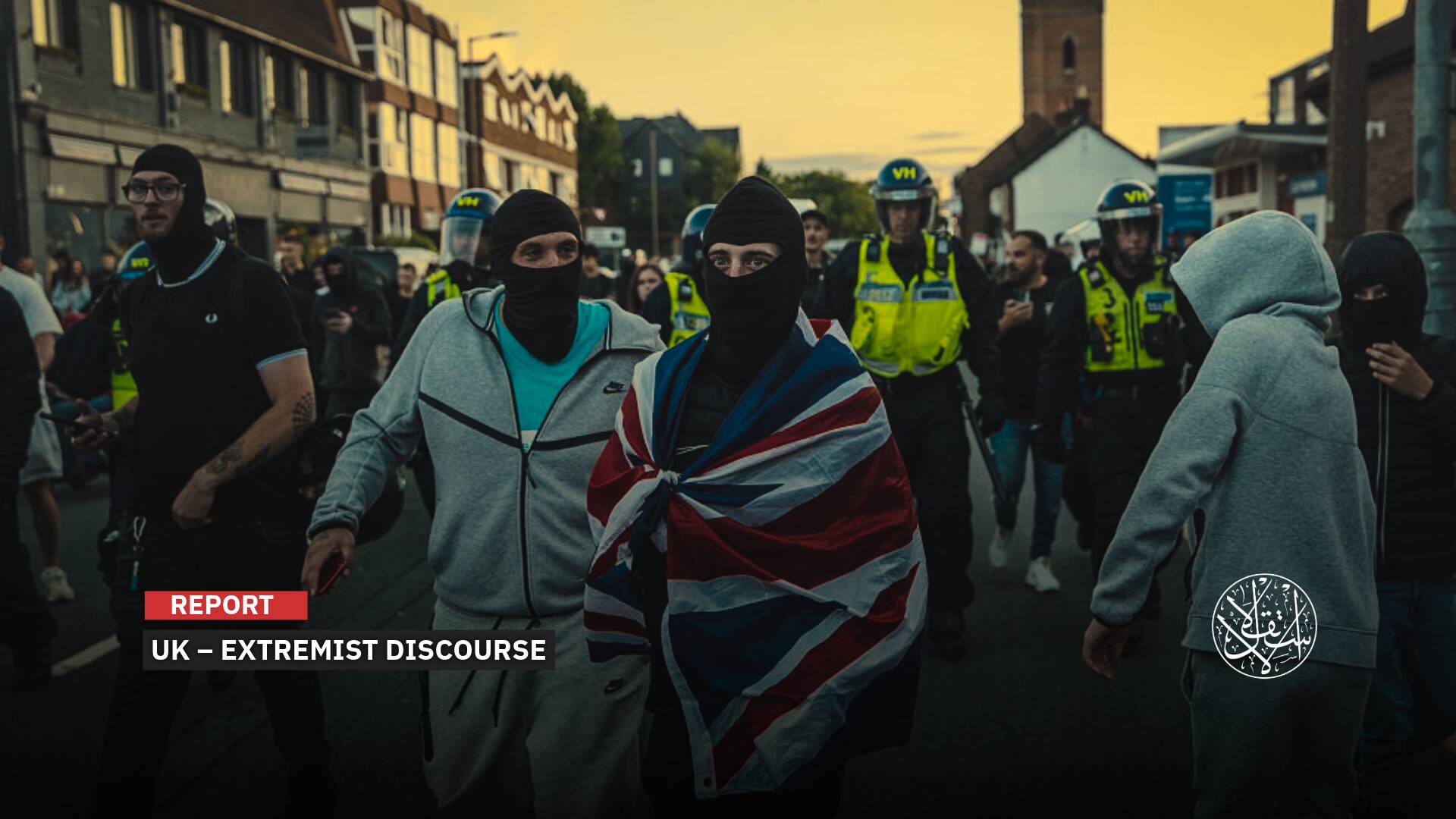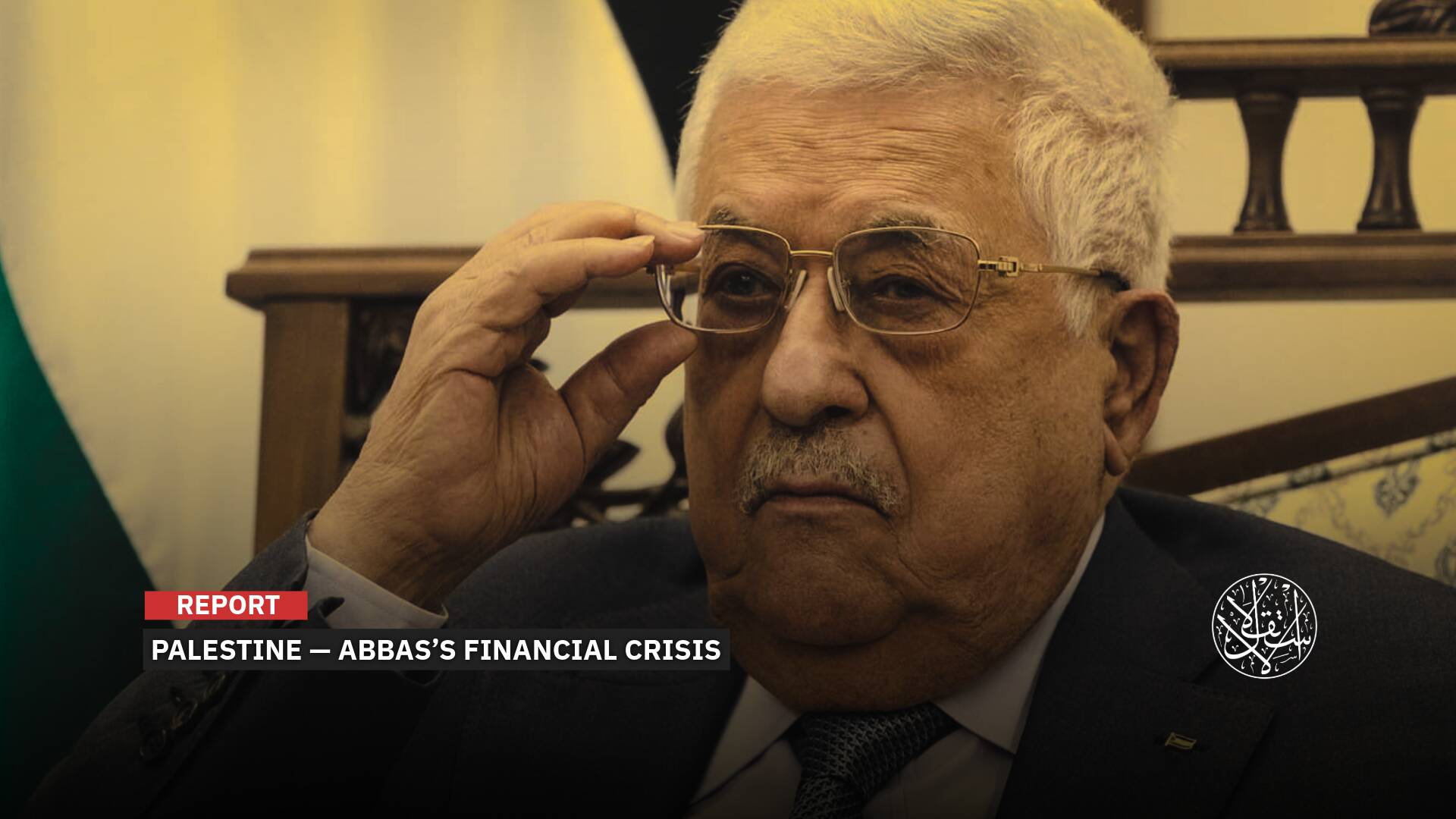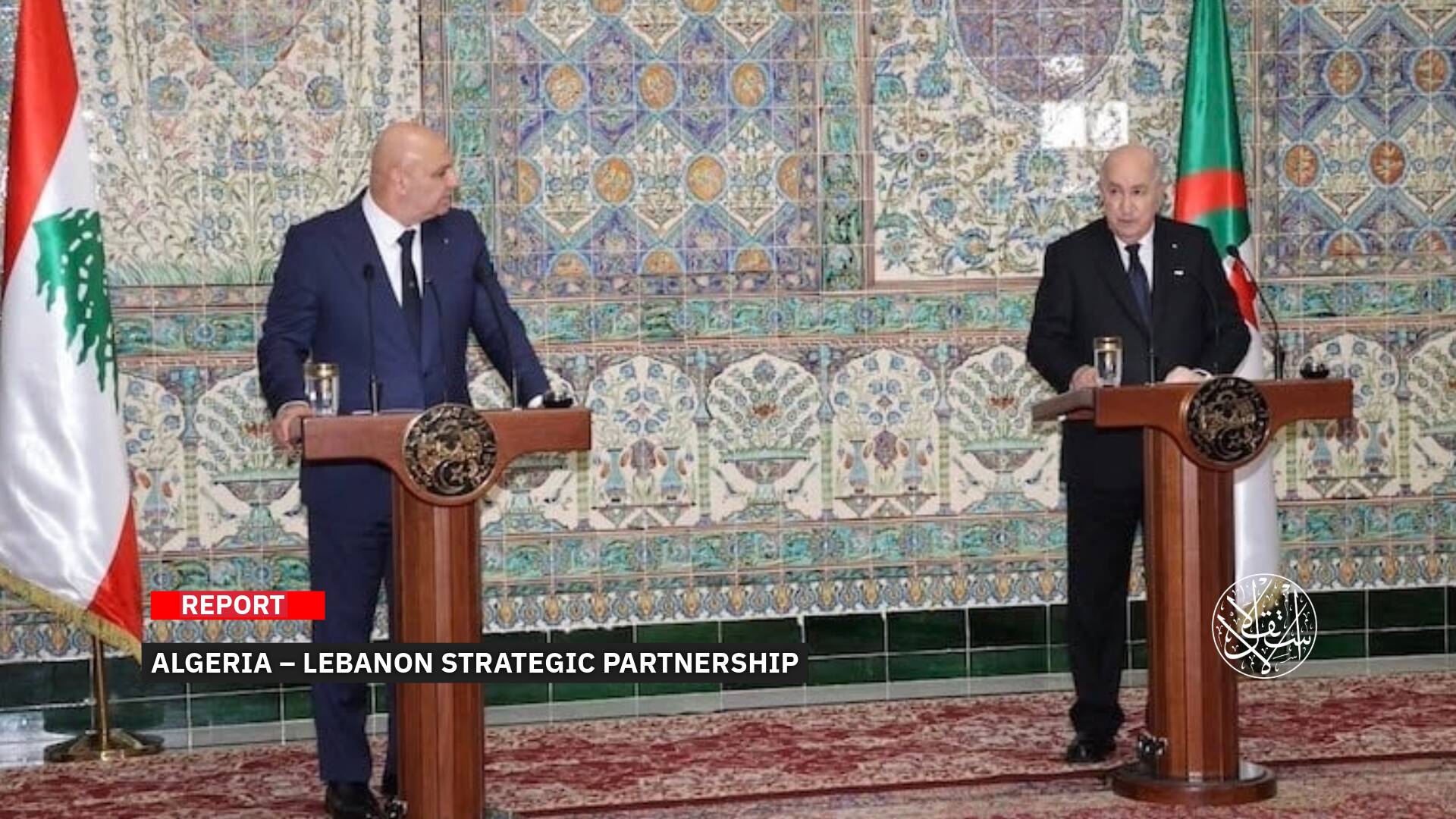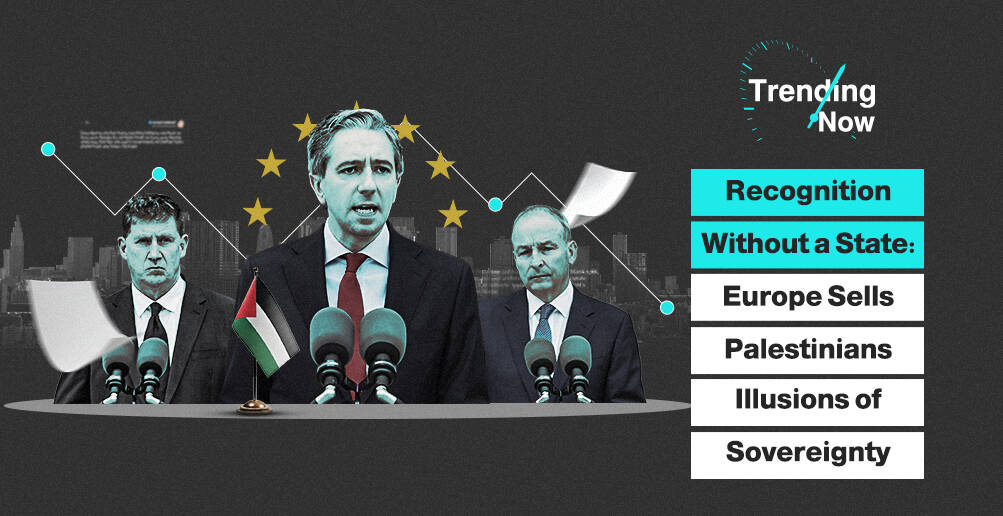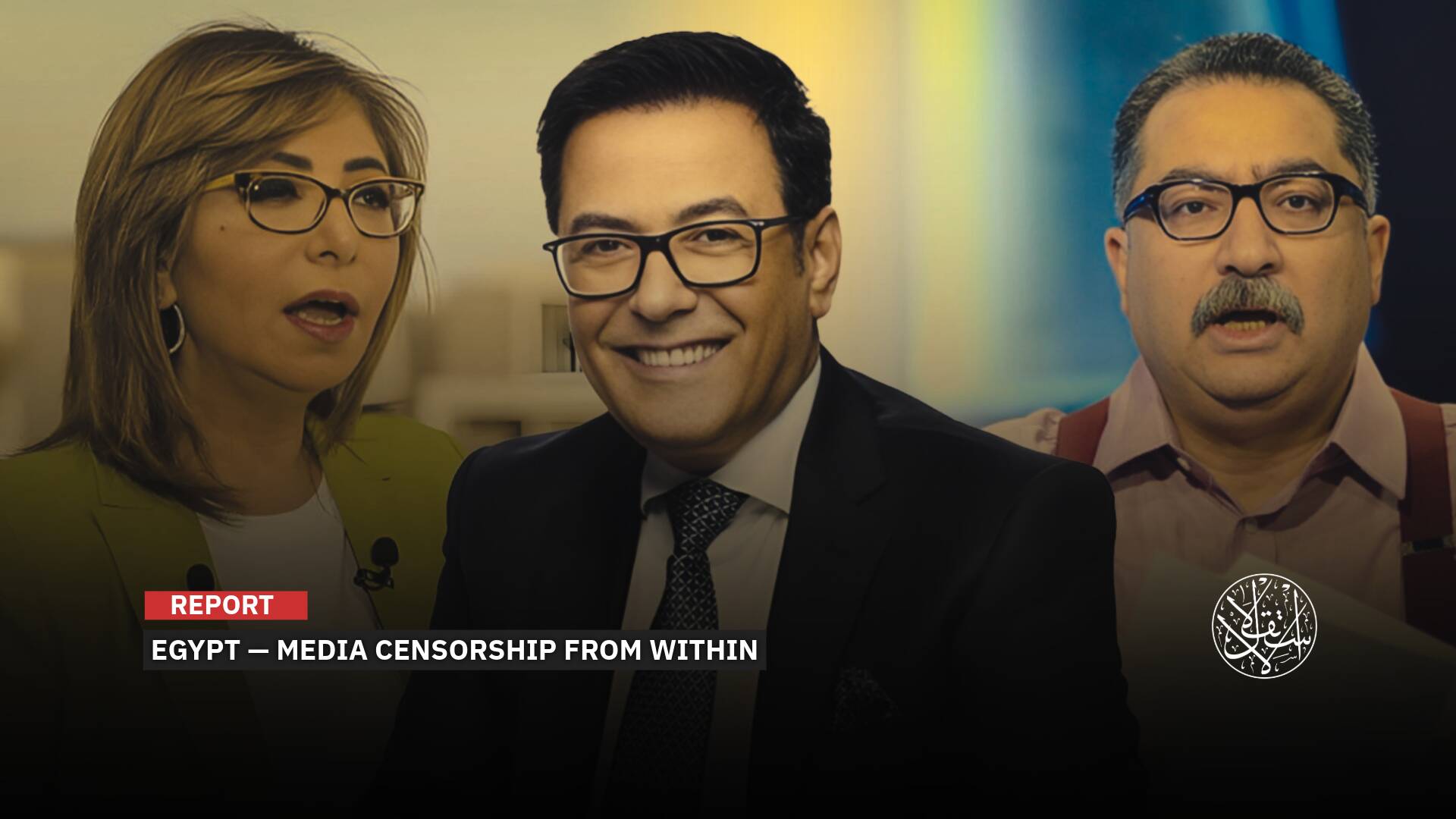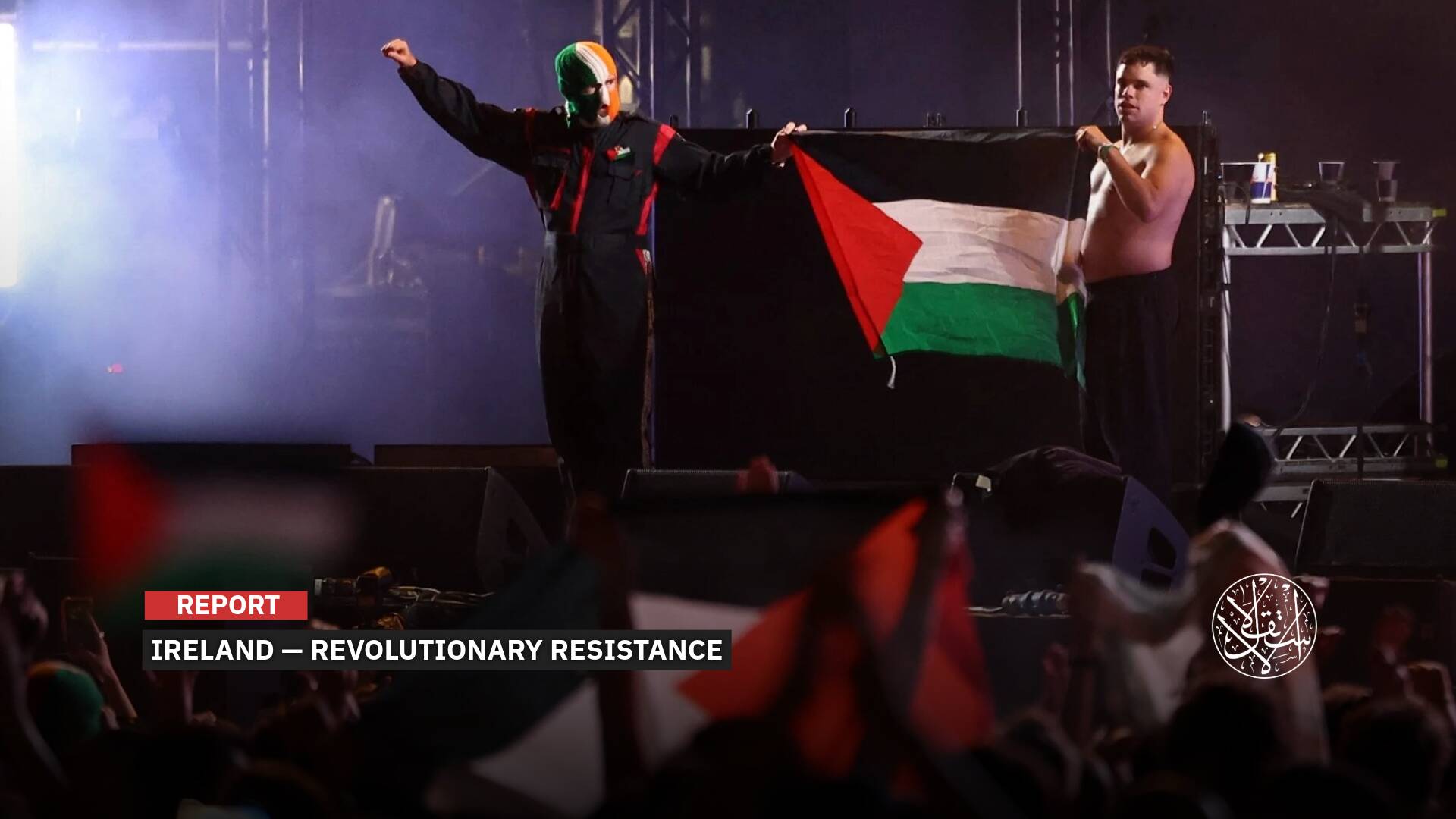This is Why Al-Sisi Rejected a UN Resolution to Protect Egyptians from Genocide
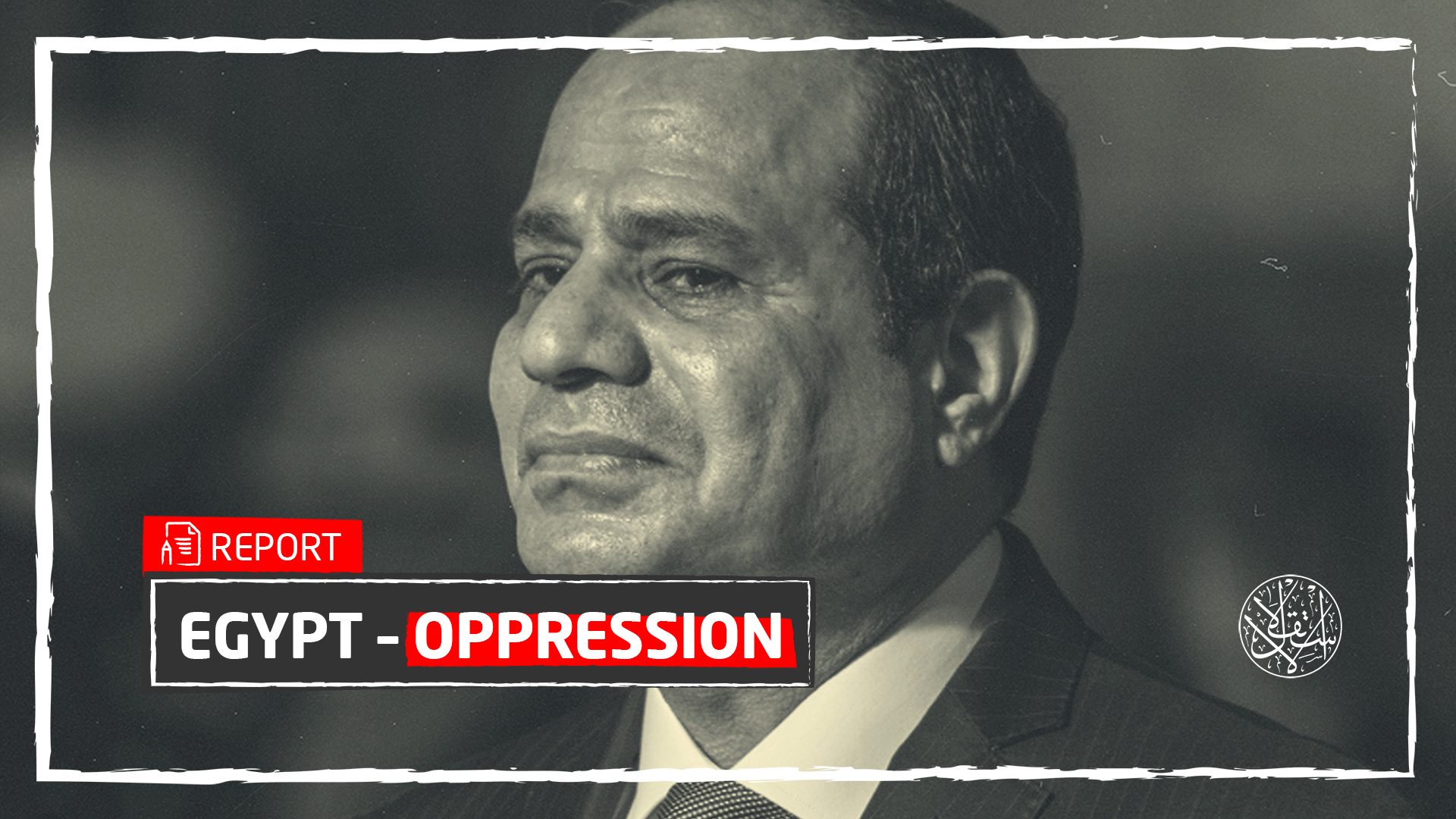
Egypt refused to sign a resolution issued by General Assembly of the the United Nations, May 18, 2021, which includes obligating states and governments to protect their citizens from genocide, war crimes and crimes against humanity, despite the approval of the majority of countries in the world on the resolution, which opens the discussion of the bad human rights issue of the Egyptian regime .
The new UN resolution was approved by 115 countries, 28 abstained, and 15 voted against and rejected, including Egypt, Syria, China, Cuba, North Korea, Russia, Belarus, Indonesia, Kazakhstan, Burundi, Zimbabwe, Venezuela, Bolivia, and Nicaragua.
The resolution included recommendations for states and governments to pledge to protect the population from being subjected to any brutal crimes, crimes against humanity, or genocide, and to include these crimes within the mandate of the Human Rights Council.
The website of the International "Global Center for the Responsibility to Protect," reported the result of the vote, and noted that there is a "historic weakness of laws and norms that protect humanity." The site pointed to "the displacement of 80 million people in the world due to persecution, conflict and atrocities," stressing that "civilians were subjected to indiscriminate attacks, and the use of disproportionate and lethal force against peaceful demonstrators."
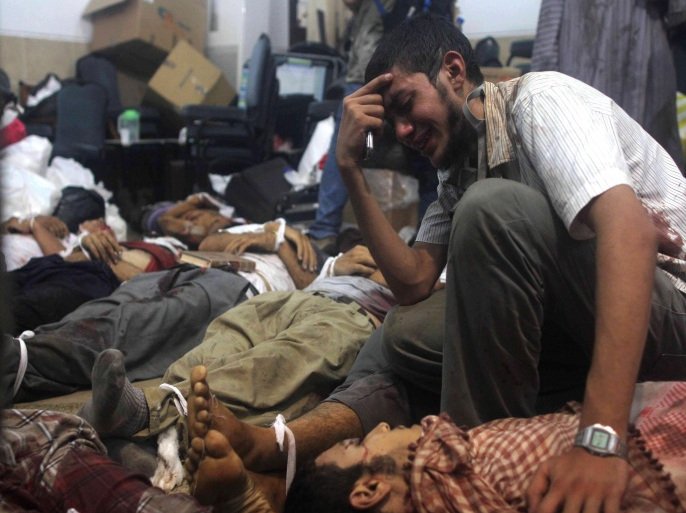
Crimes and Extermination
For nearly 8 years, the ruling military regime in Egypt committed crimes against humanity and used its military machine and brute force to carry out violations against unarmed civilians, especially the "Rab'a" massacre, which was described as the most heinous in Egypt's modern history, according to the international human rights organization "Human Rights Watch".
The world witnessed, in audio and video, how the head of the military coup in Egypt, Abdel Fattah Al-Sisi, committed the crime of dispersing the sit-in "Rabaa Al-Adawiya" and "Al-Nahda" sit-ins in Cairo, August 14, 2013, which killed about a thousand civilians, according to official reports.
According to a report by "Human Rights Watch", on June 8, 2014, the number of victims of the Rab'a dispersal reached 817 people and 4201 wounded, while the statement of the "Coalition for Supporting Legitimacy and Rejecting the Coup", at the time, recorded the killing of about 3000 protesters. Local and international human rights organizations have also recorded the Egyptian regime's crimes against civilians in North Sinai, Egypt, including killing and arresting civilians, demolishing and bombing homes, forcible deportations, evictions of villages.. from 2014 to 2021.
Human Rights Watch, in its March 2021 report, said that the Egyptian army demolished homes and carried out forced evictions in North Sinai, considering what it was doing as a "violation of international humanitarian law" The report confirmed that from the end of the year 2013 until July 2020, the army destroyed about 12,350 buildings, most of them houses, in North Sinai, and about 6 thousand hectares of agricultural land were destroyed, in 2016. Despite international criticism of the Sisi regime and its human rights record, former US President Donald Trump considered him as his "favorite dictator," and he continued to provide him with international protection and guaranteed him a period of 4 years not to stand trial and he is the symbol of his regime.
With the entry of US President Joe Biden into the White House in January 2021, Western criticism of Egypt's human rights file started again, and hopes were renewed for an American role to stop the crimes of the Egyptian regime but without a tangible result. And recently, the European Union criticized Egypt's human rights file, especially in light of the murder of the Italian researcher Giulio Regeni, in Cairo on January 26, 2016, with Italian accusations that four officers of the Egyptian National Security (the most important security apparatus in the country) were involved in the crime.

On October 24, 2020, the European Parliament called on member states and European Union institutions to address the deteriorating human rights situation in Egypt, and to implement European controls on exports of goods to Cairo that are used by repression, torture and execution.
The Egyptian rejection of the UN resolution is not the first as Cairo always refuses to accuse it of committing crimes against its people, and refused signing international laws that protect the peoples, like the refusal to sign the Convention against Enforced Disappearance in October 2015.
The Arab Organization for Penal Reform issued a report on June 30, 2020, in which it affirmed that the Egyptian government continues to refuse to ratify international human rights treaties such as the Rome Statute Agreement, the Convention against Enforced Disappearance, and the protocols of international covenants, and it ignores Taking action against the continuation of torture.
The Egyptian regime also refuses to stop the death penalty and continues to restrict the rights of association, demonstration and expression. The report revealed that Egypt rejected "some optional protocols attached to the basic international conventions that give rights to some committees attached to inspecting places of detention and prisons, and their refusal to abolish the death penalty, and the Optional Protocol to the Convention against Torture and Other Cruel, Inhuman or Degrading Treatment or Punishment."
Rights Concerns
Activists and human rights activists expressed their fears of the Egyptian regime's refusal to sign the UN resolution pushing countries to protect their citizens from genocide. The Egyptian human rights defender, former head of Transparency International in Egypt, Hajjaj Nayel, raised many questions about the authorities' intention if Egyptians took to the streets. And he asked in a Facebook post: "Is there a tendency to hit it with barrel bombs, as happened in Syria? And does the Egyptian state refuse any international legal or contractual obligation to protect its people from any brutal crimes, crimes against humanity or genocide?"
He continued: "Does rejecting the UN decision lead to unknown consequences? Do the authorities refuse to protect the Egyptian people, which is the main task of any system of government in the world?" Egyptian Sinai activist Musaad Abu Fagr affirmed that Egypt's refusal to sign the treaty protecting the population from war crimes, genocide and ethnic cleansing means that "it has a deliberate intention to launch a war of extermination against its people."
The Egyptian state refused to sign a treaty issued by the United Nations pledging to protect the population from war crimes, genocide and ethnic cleansing. 115 countries agreed to the resolution and 15 rejected it, Egypt was one of them. This means that it has a hidden intention to launch a war of extermination on its people.
Writer and activist Ahmed Marei affirmed that Egypt's abstention from voting on the UN resolution "is an abandonment of the security and safety of the country and the citizens." Commenting on the Egyptian rejection of the UN decision to protect their citizens from genocide, war crimes and crimes against humanity, Egyptian human rights defender Mahmoud Jaber said, “The countries that refused to sign are repressive states in general, and their regimes have already committed crimes against humanity, war crimes, and genocide."
The director of ‘’ Justice for Human Rights ‘’ also confirmed in his interview with Al-Estiklal that "this refusal is an implicit acknowledgment by those countries of their inability to protect their citizens , and an acknowledgment of the occurrence of crimes." He added: “The fact that the Egyptian regime is among the 15 regimes that refused to sign, this indicates two things, the first: recognition of the occurrence of crimes that require accountability and the second: the lack of a real future desire in Egypt towards improving the human rights situation, or protecting citizens from crimes''. Jaber believes that "although the decision will not result in immediate accountability or punishment - it will only include crimes in the schedule of the universal periodic review of countries every 4 years so this rejection has no effect."
He stressed that "it will not change truth of committing crimes against humanity in Egypt, including torture, killing and enforced disappearance. These are documented regime crimes, and they will not be forgotten and those who are responsible for these crimes will not escape punishment. .
"Secure His Future"
In his comment, Egyptian politician Mohamed Saad Khairallah asserted, "It was impossible for Egypt to sign the UN resolution for the simple reason that it committed crimes against humanity in Sinai." The political file official in the "October 2" opposition movement and a member of the "Swedish PEN League", in his speech to Al-Estiklal, referred to "the report of the two organizations of Human Rights Watch and Amnesty International , as well as the last report on the US State Department 2020, and contain the crimes that were committed in Sinai. "
He pointed out that "according to these international human rights reports and others, we in the October 2 opposition movement are much more blameworthy than international organizations about the crimes that have occurred against the people of Sinai," stressing that "it is therefore impossible for Egypt to sign because it will participate in handing over generals who have been involved in these crimes." Khairallah, in his vision of the seriousness of this Egyptian rejection of the UN resolution, said: "I do not rule out when the regime move to the new administrative capital and when demonstrators go out to protest, it would kill them using the former regime such as Sabri Nakhnoukh, who was honored in many forums."
He also pointed to the possibility that "the regime (copy paste) will be taken from the crimes of the Syrian regime and hit the Egyptians with explosive barrels, as soon as they move to the capital, which represents the top of prosperity for the army, police, judiciary, media, business, religion, ministries" He explained that "the capital includes new cities inhabited by the elite, representing about 10 or 15 million Egyptians, and the remaining 85 million Egyptians may be under civil strife, so here Sisi, by rejecting the UN resolution, is trying to secure his future."
The Egyptian politician concluded his speech by emphasizing the mission of all opposition politicians, human rights defenders and media professionals “to reveal the reason behind this refusal to sign which may be similar to the other countries that did not sign too. All these countries have a commun point : killing their peoples’’ Concerning the Egyptian regime's rejection of the UN resolution to protect the population from crimes of genocide and brutality, the Egyptian politician, Dr. Ezz El-Din El-Koumi, spoke of many implications. In an interview with Al-Estiklal, he asserted that "this regime is considered as dangerous, like the countries that rejected the decision, all of them commit crimes and human rights violations that are crimes against humanity , such as Syria." The deputy of the Human Rights Committee, formerly of the Shura Council, also confirmed that "the international organizations are not serious about the human rights decisions they issue, although they can be effective , but they do not have executive power that obliges states to implement them or take measures against those who refrain from implementing them."
He pointed out that the United Nations rejected the demands of the Egyptian opposition to send a UN commission to investigate the facts of the Rabaa massacre, confirming that the Security Council, and the International Criminal Court will not respond to these demands, pointing to the submission of several criminal cases, like the case of the British-Pakistani lawyer, Al-Tayeb Ali. He talked about loopholes in international laws, resolutions and the work of UN organizations, explaining that the ICC rejects cases of the Egyptian opposition against the Sisi regime on the pretext that Egypt did not sign the Rome Convention, which relates to the court, which also does not accept cases or claims from individuals.
He believes that "these are loopholes that the Egyptian regime exploits, and that the international community and repressive regimes overlooked that, with the absence of the international will to discipline these regimes and oblige them to implement the principles and values of the West." Rather, the West is trading its silence on the repressive regimes in exchange for selling weapons,” he said, referring to the latest of these deals and Cairo’s purchase of a new French Rafale aircraft, according to him.
He wondered: "What did the United Nations, the Security Council, the European Union and Washington do about the Syrian regime's violations against its people and the use of chemical and barrel bombs in front of the world, except for Russia and China's use of their veto?"



